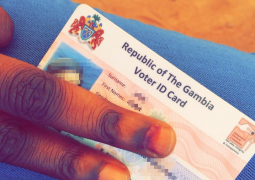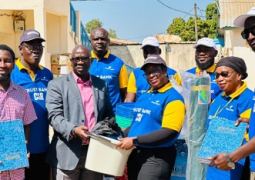
The Authority expresses its concern over the socio-economic, political, security and humanitarian impacts of the decision, particularly on the citizens of the three Member States and on the regional integration process, and further urges the three Member States to resort to dialogue, negotiation, and mediation to address their concerns.
In a communiqué on 24 February 2024, the Authority noted that the withdrawal of these countries will automatically affect the immigration status of the citizens as they may be required to obtain visa to travel around the region.
“Citizens may no longer be able to reside or set up businesses under ECOWAS arrangements and may be subject to diverse national laws.”
The Authority draws the attention of the three Member States to Article 91 of the 1993 ECOWAS Revised Treaty regarding the procedures of withdrawal while urging the countries to reconsider the decision, in view of the benefits that all ECOWAS
Member States and their citizens enjoy for being part of the Community.
It urges the three Member States to adhere to the provisions of the 1993 Revised Treaty, relating to withdrawal, particularly Article 91.
The Authority decides to lift with immediate effect the following sanctions imposed on the Republic of Niger such as closure of land and air borders between ECOWAS countries and Niger; institution of ECOWAS no-fly zone on all commercial flights to and from Niger; and suspension of all commercial and financial transactions between ECOWAS Member States and Niger among host of others.
It also noted that these countries would cease to use ECOWAS passports, ECOWAS Biometric National Identity Card and the region-wide "ECOWAS Brown Card" vehicle insurance.
The three member states represent 17.4% of the region’s 425 million population. Even though they represent 10% of the region’s GDP, their departure will constitute a reduction of the market size of ECOWAS,” the Communiqué states.
“Intra-community trade may also be disrupted, especially trade in unprocessed goods such livestock, fish, plant, agriculture produce, mineral products and Traditional Handicraft Products as well as Industrial Products of Community Origin.”
“The Authority further notes that the three countries are beneficiaries of several regional projects and programmes, notably: The Regional Food Security Reserve (the three countries host stocks from the Regional Reserve for a quantity of nearly 17,000 tons or 52% of the regional stock) and the Regional Support Program for Pastoralism in the Sahel (PRAPS – Financed by the World Bank) among host of others.





